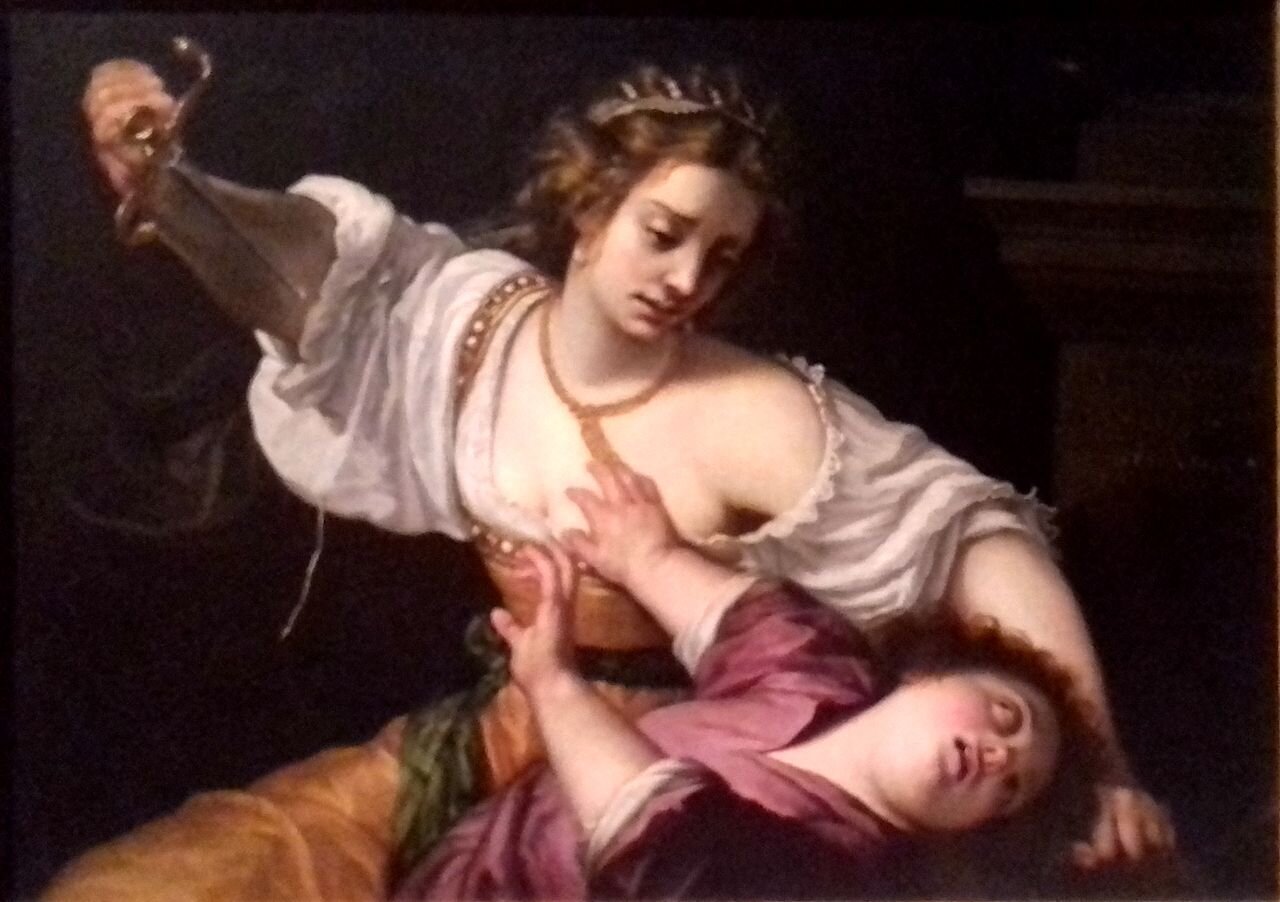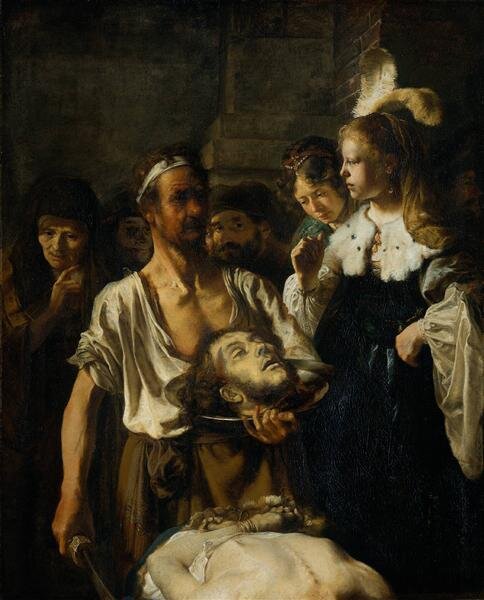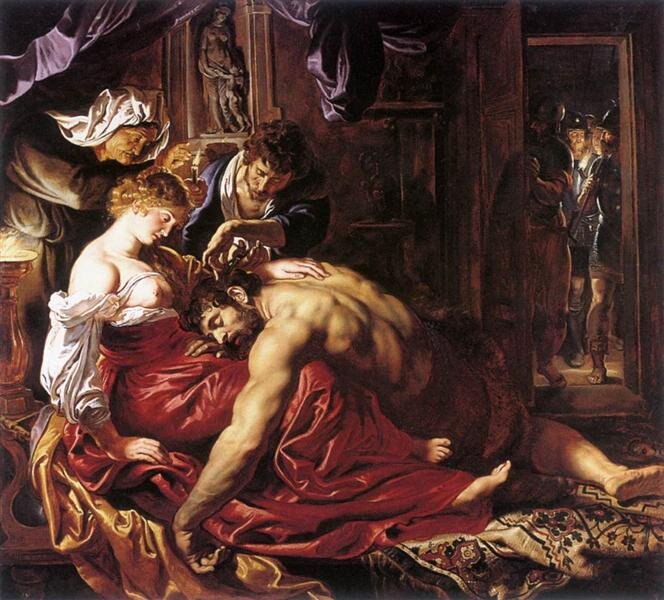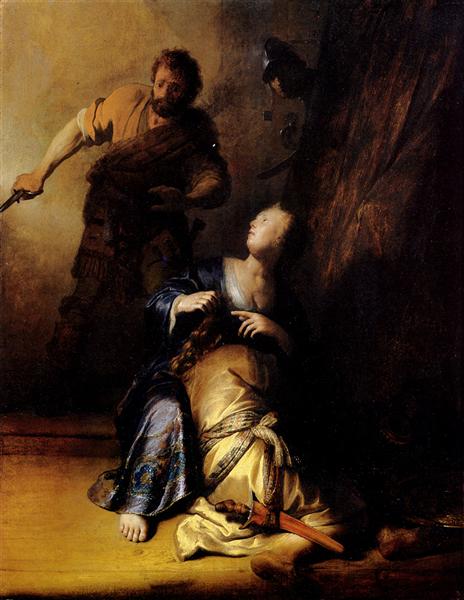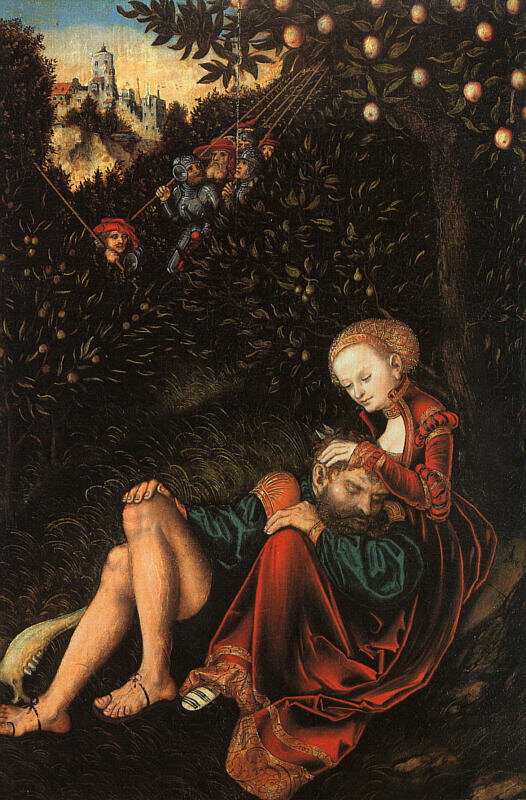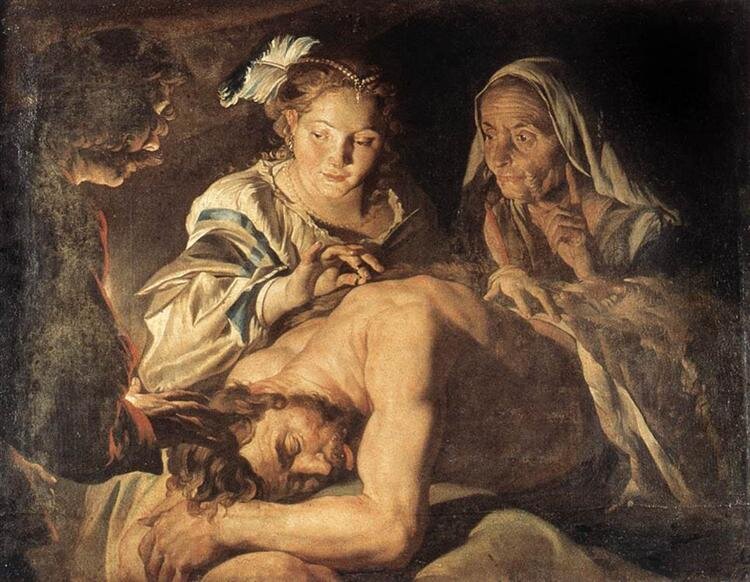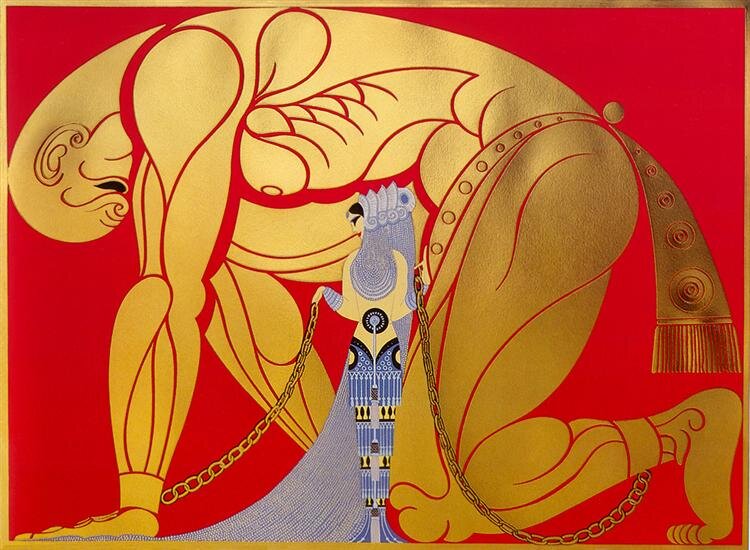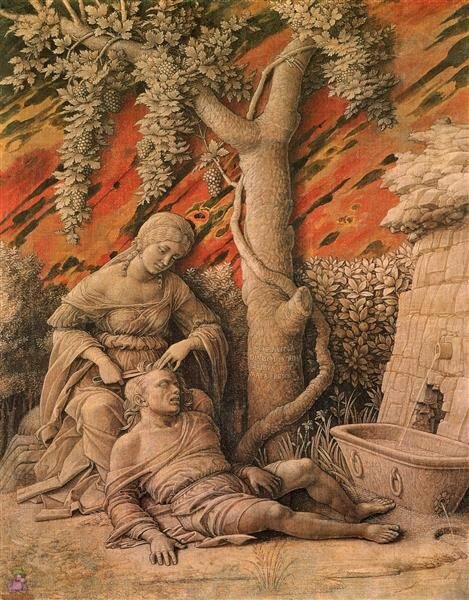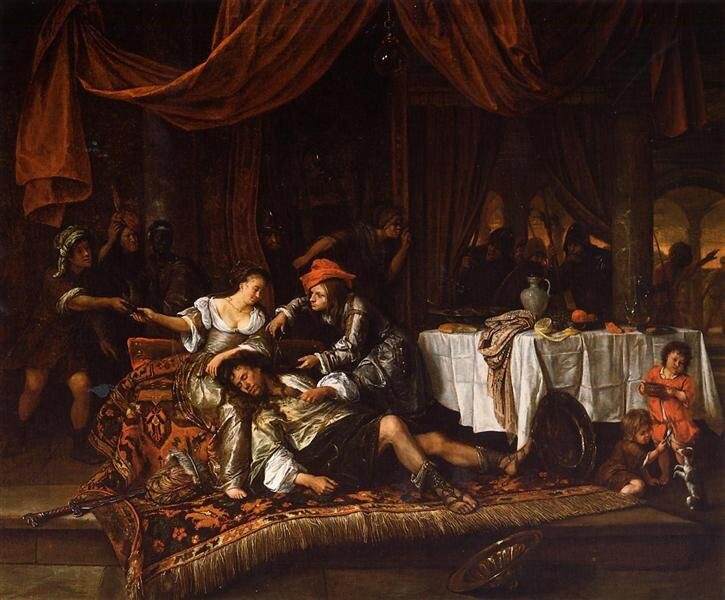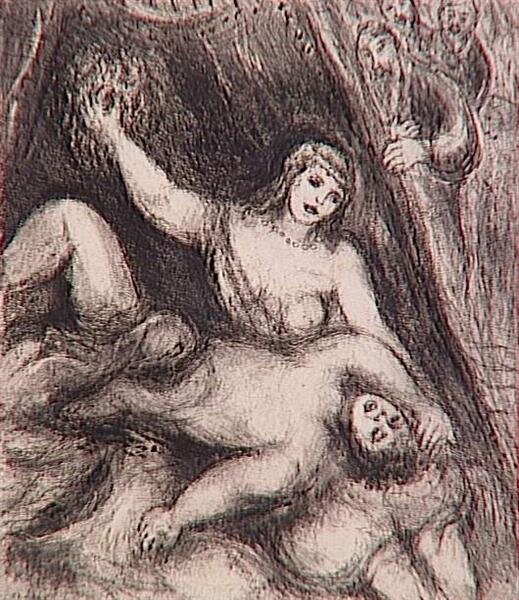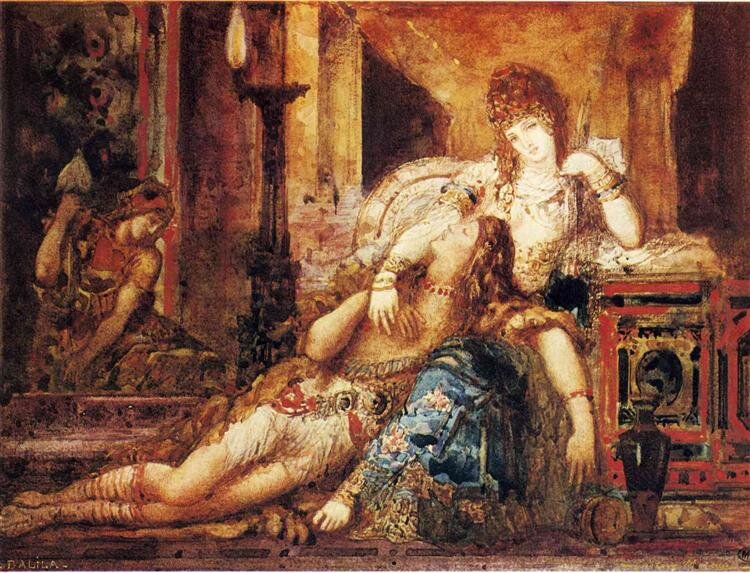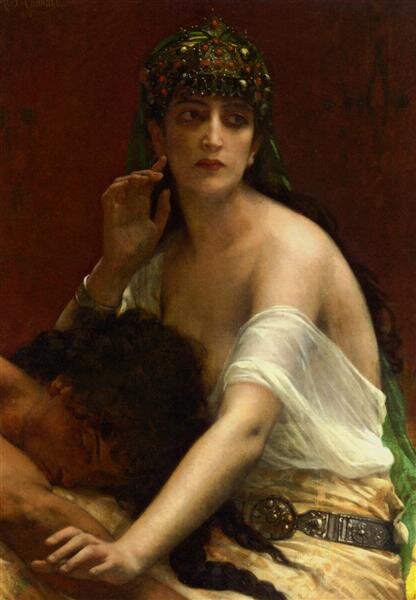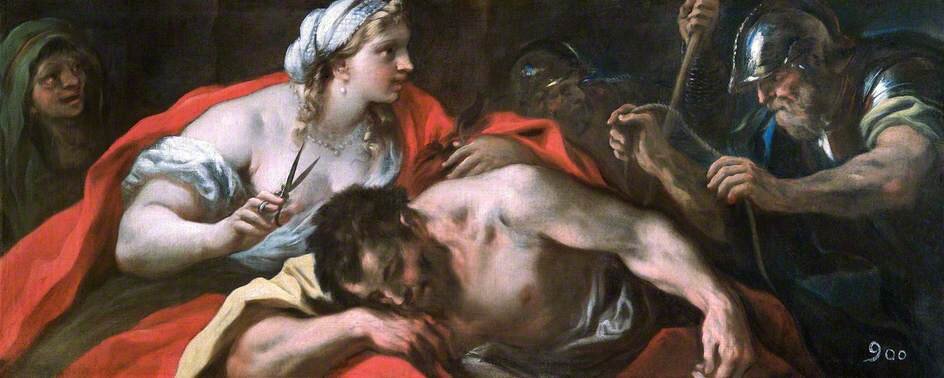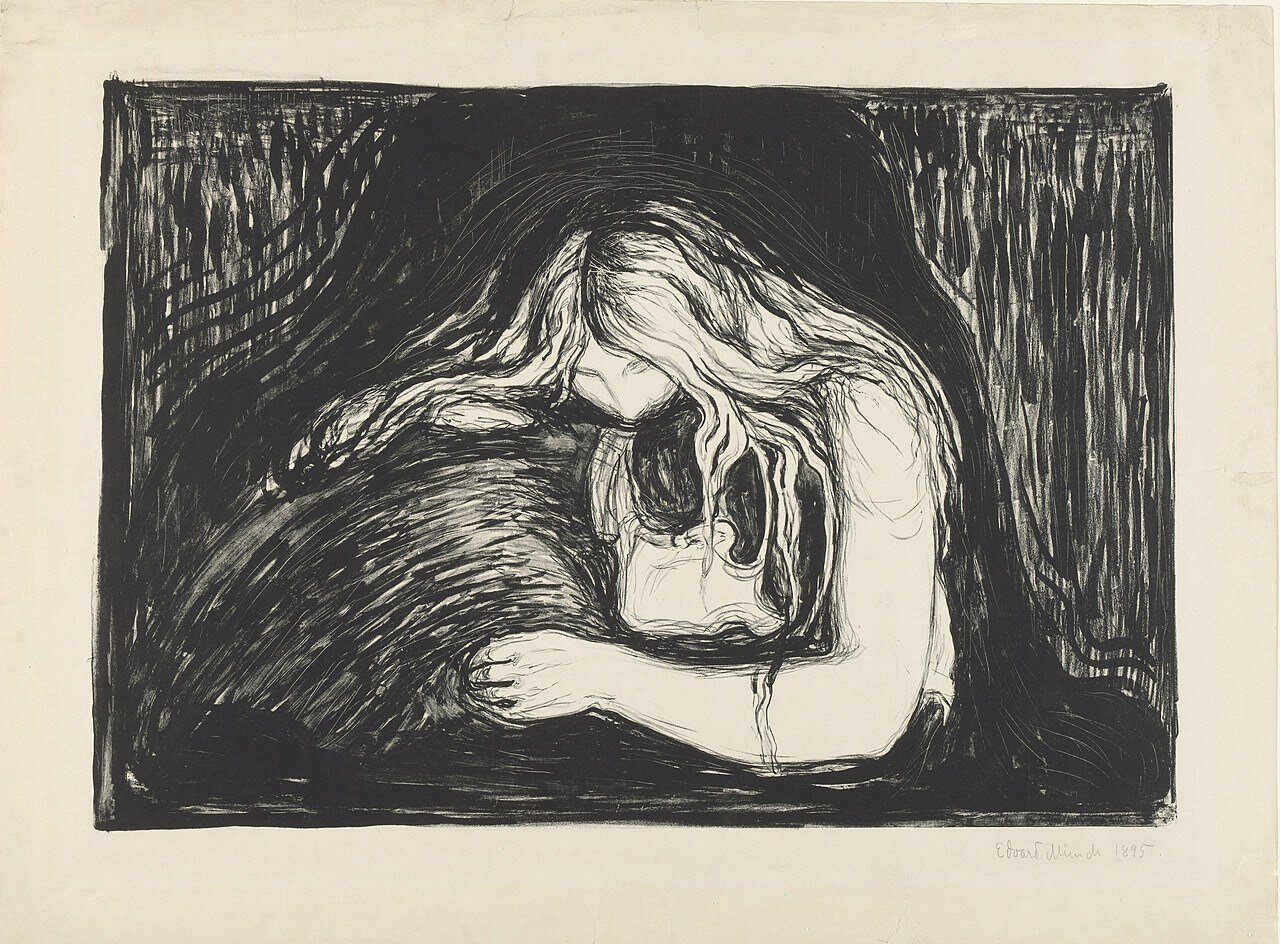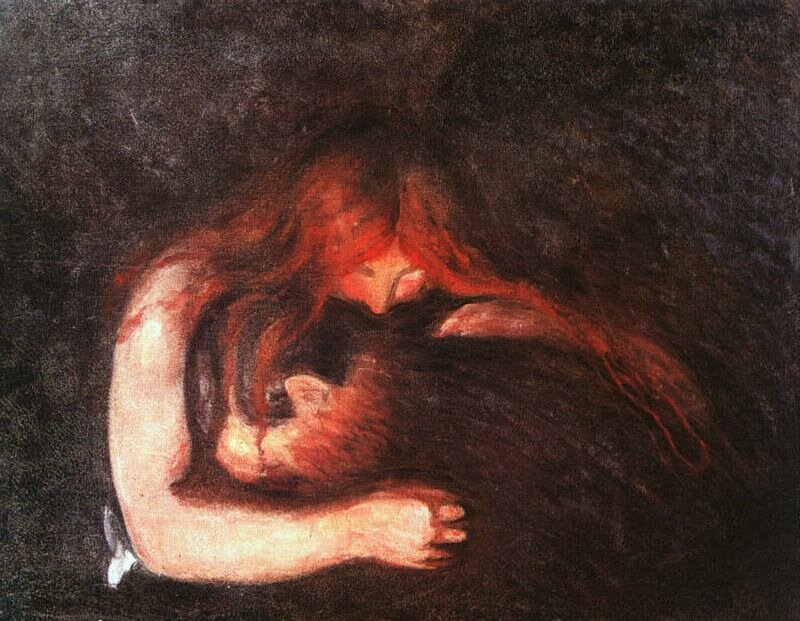treacherous women
Stories of the archetypal treacherous women have fascinated writers and artists for centuries. This seems to feed into a subconscious fear of women and perhaps a subconscious justification for oppressing them. It is important to look upon these works and consider how these themes subliminally influence how we treat women today.
Adulterous Women
Aphrodite — Venus, the Goddess of Love, is idealized as the pinnacle of feminine beauty and charm. She is also vilified for being unfaithful. Read more
Medea
Medea is the daughter of King Aeëtes of Colchis, a niece of Circe and the granddaughter of the sun god Helios. She is primarily known as a sorceress and is often depicted as a priestess of the goddess Hecate. Passionately in love, she aids Jason in his search for the Golden Fleece, assisting him with prescient warnings and magic, saving his life in a series of quests set by her father and playing the role of an archetypal helper-maiden. Jason and Medea then sailed away from Colchis with the fleece, leaving behind the body of her brother Absyrtus who Medea is said to have dismembered and scattered on an island, knowing her father would stop to retrieve them for proper burial.
Medea and Jason then head westwards and eventually settle in Corinth where they have many children. After ten years of marriage, Jason abandons her to marry king Creon's daughter, Creusa, while Medea and two of her sons are banished from Corinth. In revenge, Medea murders Creusa and the king with poisoned gifts (a dress and golden coronet, covered in poison). Medea then continues her revenge, murdering two of her children herself and refusing to allow Jason to hold the bodies. Afterward, she left Corinth and flew to Athens in a golden chariot driven by dragons sent by her grandfather, Helios, god of the sun.
salome
According to the Gospel of Mark, Herodias bore a grudge against John for stating that Herod's marriage to her was unlawful. Herodias's daughter, Salome danced before Herod at his birthday celebration, was told she could ask for anything in return for her service. After consulting with her mother, Salome is said to have asked for the head of John the Baptist.
Delilah
Delilah, also spelled Dalila, in the Old Testament, is the central figure of Samson’s last love story (Judges 16). She was a Philistine who, bribed to entrap Samson, coaxed him into revealing that the secret of his strength was his long hair, whereupon she took advantage of his confidence to betray him to his enemies. Her name has since become synonymous with a voluptuous, treacherous woman.
Deianira
In Greek mythology Deianira is a princess in the court of King Oeneus of Calydon, with whom Heracles falls in love, rapes and promises to come back and marry. While he is away the centaur Eurytion appears and demands her as his wife. Her father complies but Heracles reappears before the marriage, slays the centaur and claims his bride. Deianira has subsequently been associated with combat and described as one who “drove a chariot and practices the art of war”. In some accounts she is known as Hippolyte.
In another version of the story, Deianira and Heracles are on their way to visit a friend. A centaur named Nessus offers to carry Deianira over the river. The centaur, however, promptly runs off with her instead. Heracles shoots him down with one of his venom-tipped arrows. As he lies dying, the centaur realizes his blood is poisoned. He asks Deianira to dip a cloth in his blood, telling her that, mixed with a little olive oil, it will have infallible properties as a love potion. He tells Deianira that if she ever suspects she might be losing her husband’s affections, she must sprinkle some of this potion over his clothing and he will never leave her. When the couple reached their destination Deianira surreptitiously wrings Nessus’s blood from the still-damp cloth into a small phial.
Years pass in which Deianira feels no need for Nessus’ gift. Heracles is busy fighting battles, sacking cities, challenging champions and fathering illegitimate children all across Greece. However, when Heracles captures and falls in love with Princes Iole, Deianira becomes concerned. Previously, Heracles had been sentenced to three years of servitude as punishment for killing Iphitus, the son of King Eurytus. Heracles had killed him because Eurytus had insulted Heracles when he sought unsuccessfully to wed the king’s daughter Iole. With Princess Iole again on the scene Deianira sees a very real rival for her husband’s affections, and this time in her own home.
Deianira takes the supposed love potion and rubs it into one of her husband’s garments: his famous lionskin shirt. The potion begins to act, burning into his skin, and Heracles collapses in agony. Upon discovering that the centaur has deceived her, and that the supposed love potion is in fact poison: Deianira takes her own life. Her name has subsequently been translated as “man-destroyer” or “destroyer of her husband.”
sirens
Frederick Sandys, 1866-1868, Birmingham Museum and Art Gallery, public domain, image via Wikipedia
Eugene Delacroix, 1862: Palais des Beaux-Arts de Lille, Lille, France; Louvre Museum
Adriaen Tomasz Key, c.1570-1575, Musé des Beaux-Arts de Rouen
vampires
Potiphar’s wife
evil temptress
femme fatale
References
- New Larousse Encyclopedia of Mythology, Hamlyn Publishing Group Ltd., New York, 1959
- Ancient Mirrors of Womanhood, Merlin Stone, Beacon Press, Boston, 1984
- When God Was A Woman, Merlin Stone, Harvest Edition, 1976
- The Civilization of the Goddess, The World of Old Europe, Marija Gimbutas, HarperCollins Publishers, 1991
- The Language of the Goddess, Marija Gimbutas, HarperRow publishers, San Francisco, 1989
- Mythology, The Illustrated Anthology of World Myth & Storytelling, General Editor C. Scott Littleton, Duncan Baird Publishers, London, 2002
- https://www.britannica.com/biography/Delilah








